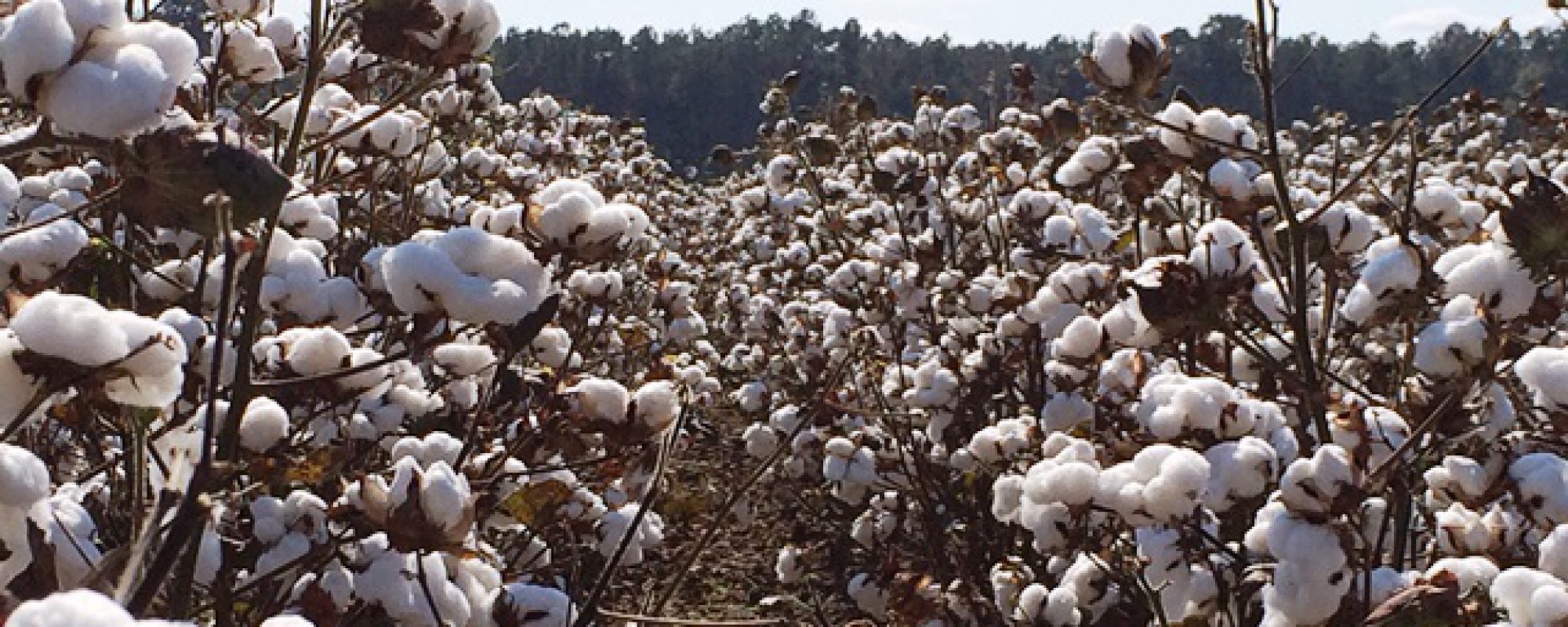I hope everyone will get a much needed rain. I know there were some scattered showers that moved through last night and hopefully all will get some rain soon.
PEANUTS
With the hot and dry weather be sure you are checking your peanuts for Lesser Cornstalk Borer. Please view comments below from Dr. Mark Abney:
Regardless of whatever else has to be done on the farm in South Georgia over the next fourteen days, one thing that needs to happen is scouting peanut fields for lesser cornstalk borer (LCB). This insect is the most damaging pest of peanut in Georgia; it feeds on stems, pegs, and pods, and it will reduce yield and increase the risk of aflatoxin contamination.
Lesser cornstalk borer thrives when it is hot and dry. Conditions have been favorable for LCB since early May, and infestations have been detected in fields across much of South Georgia. The current extended weather forecast calls for very hot and dry conditions. This is likely to result in a rapid increase in LCB populations.
There are two big mistakes that we want to try to avoid, and both of them can be prevented with scouting.
- First, not every field will need to be treated with an insecticide. Spraying every field because lesser cornstalk borer “might” be present is a bad idea. We do not need to use insecticides to prevent LCB infestations. When the pest reaches threshold we can treat it, kill it, and move on.
- Second, missing a LCB infestation will result in significant losses. Whether a grower usually scouts or not, every peanut field in Georgia needs to be scouted over the next two weeks (at least).
The two insecticides recommended for lesser cornstalk borer management in peanut are:
- chlorantraniliprole (Vantacor/Prevathon)
- novaluron (Diamond)
Using a less expensive product that doesn’t work will not save you any money. Using a product that contains a pyrethroid will put you at increased risk for spider mites in a year where the risk for spider mites is already very high.
Rain Does Not Kill Lesser Cornstalk Borers.
If we experience lower temperatures and regular rainfall over the next three weeks, we will see lesser numbers dwindle. We can pray for that. We cannot irrigate LCB away prior to canopy closure. Once peanut vines lap the row middles, irrigated fields that are watered adequately will rarely experience LCB populations above threshold. A lesser cornstalk borer outbreak is most likely coming. There is no need to panic. Now is the time to be calm, scout, make wise management decisions, and get on with the business of growing the world’s best peanuts.
CORN
Southern corn rust has been confirmed in all of the following counties as of today, June 24:
- Appling County
- Atkinson County
- Bacon County
- Brooks County
- Coffee County
- Colquitt County
- Grady County
- Miller County
- Pierce County
- Wayne County
Growers in our area should be on alert. There has not been any Southern corn rust found in the sentinel plot in Bulloch County. Be prepared to protect your corn as we move forward and I will keep you updated when more finds are found in our area.
You can view all confirmed identifications of Southern corn rust and soybean rust at the two below links:
https://corn.ipmpipe.org/southerncornrust/
https://soybean.ipmpipe.org/soybeanrust/